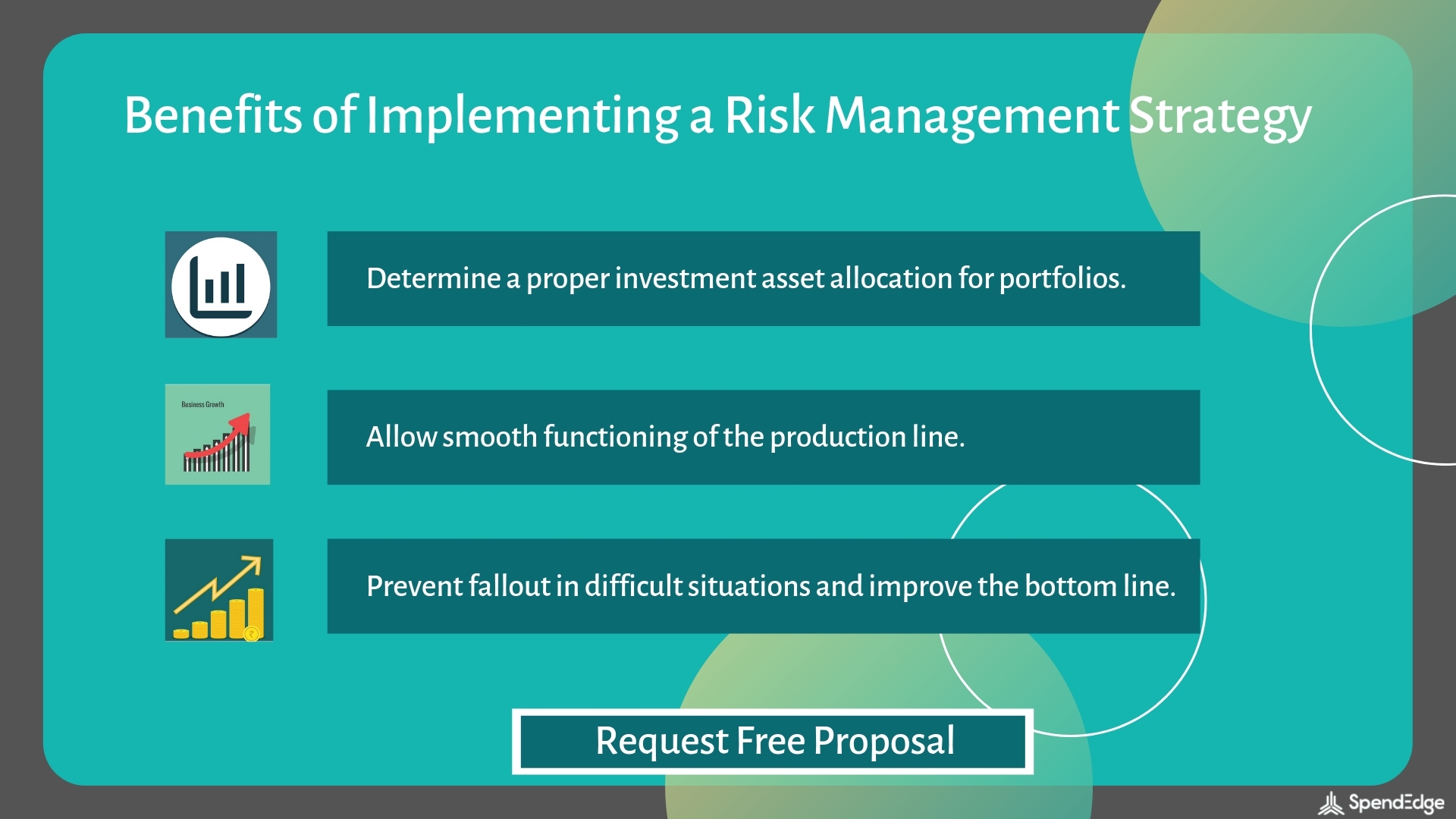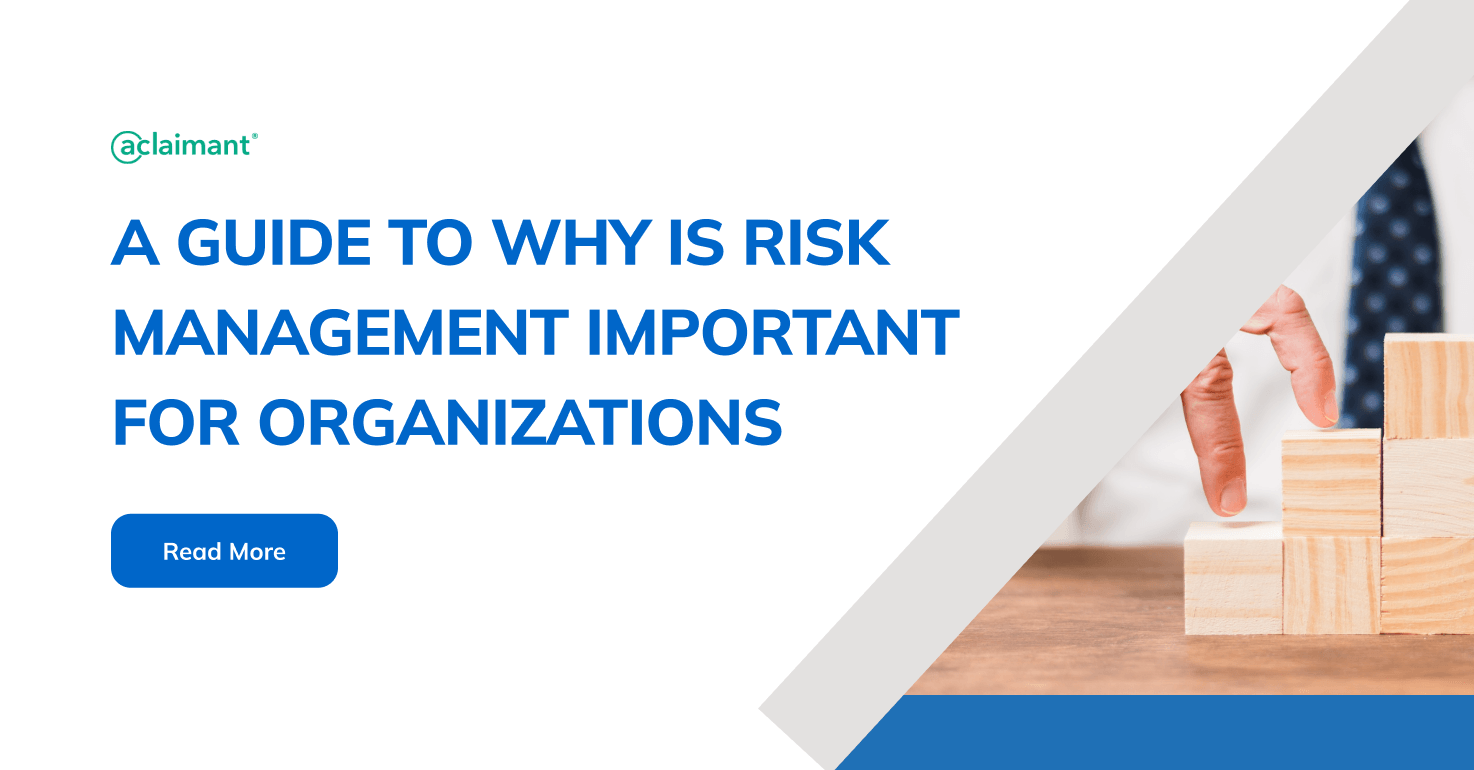How the Importance of Risk Management Facilitates Successful Project Outcomes
How the Importance of Risk Management Facilitates Successful Project Outcomes
Blog Article
The Relevance of Comprehending the Importance of Risk Management in Numerous Industries

The Core Concept of Risk Management and Its Objective
Risk Management, the foundation of several sectors, pivots on the recognition, assessment, and mitigation of uncertainties in a service setting. By properly identifying possible risks, businesses can develop techniques to either stop these threats from taking place or reduce their influence. Once threats have been determined and evaluated, the mitigation procedure involves creating strategies to reduce their prospective influence.
Advantages of Executing Risk Management in Organization Procedures

Unveiling the Function of Risk Management in Different Industries
While every sector faces its special set of risks, the execution of Risk Management methods continues to be an usual in their search of sustainability and development. In the healthcare industry, Risk Management involves ensuring person safety and data security, while in money, it involves mitigating financial investment threats and making sure governing compliance. Inevitably, the function of Risk Management throughout industries is to recognize, assess, and minimize risks.
Real-life Situation Research Studies Showing Successful Risk Management
To understand the relevance of Risk Management in these numerous fields, one can look to a number of real-life instances that highlight the effective application of these measures. Toyota, upload the 2011 earthquake in Japan, revised its supply chain Management to minimize disturbance risks. These instances demonstrate exactly how markets, learning from situations, effectively applied Risk Management approaches to lower future risks.
Future Trends and Developments in Risk Management Methods
Cybersecurity, once a peripheral problem, has actually catapulted to the center of Risk Management, with techniques focusing on feedback, discovery, and prevention. The integration of ESG (Environmental, Social, Administration) factors into Risk Management is one more growing pattern, mirroring the increasing recognition of the function that social and environmental see this here dangers play in service sustainability. Therefore, the future of Risk Management exists in the fusion of sophisticated modern technology, innovative strategies, and an alternative strategy.
Verdict
In conclusion, understanding the relevance of Risk Management throughout a range of markets is important for their durability and prosperity. Eventually, successful Risk Management adds to a lot more resistant and sustainable organizations, highlighting the relevance of this technique in today's very competitive and dynamic organization atmosphere.
While every market faces its one-of-a-kind set of threats, the implementation of Risk Management approaches stays an usual denominator in their quest of sustainability and development. In the medical care industry, Risk Management involves try this out ensuring patient safety and information defense, while in financing, it involves mitigating financial investment risks and making certain governing compliance. Eventually, the duty of Risk Management across sectors is to determine, assess, and minimize dangers. These situations demonstrate how sectors, discovering from crises, efficiently used Risk Management techniques to lower future this article threats.

Report this page